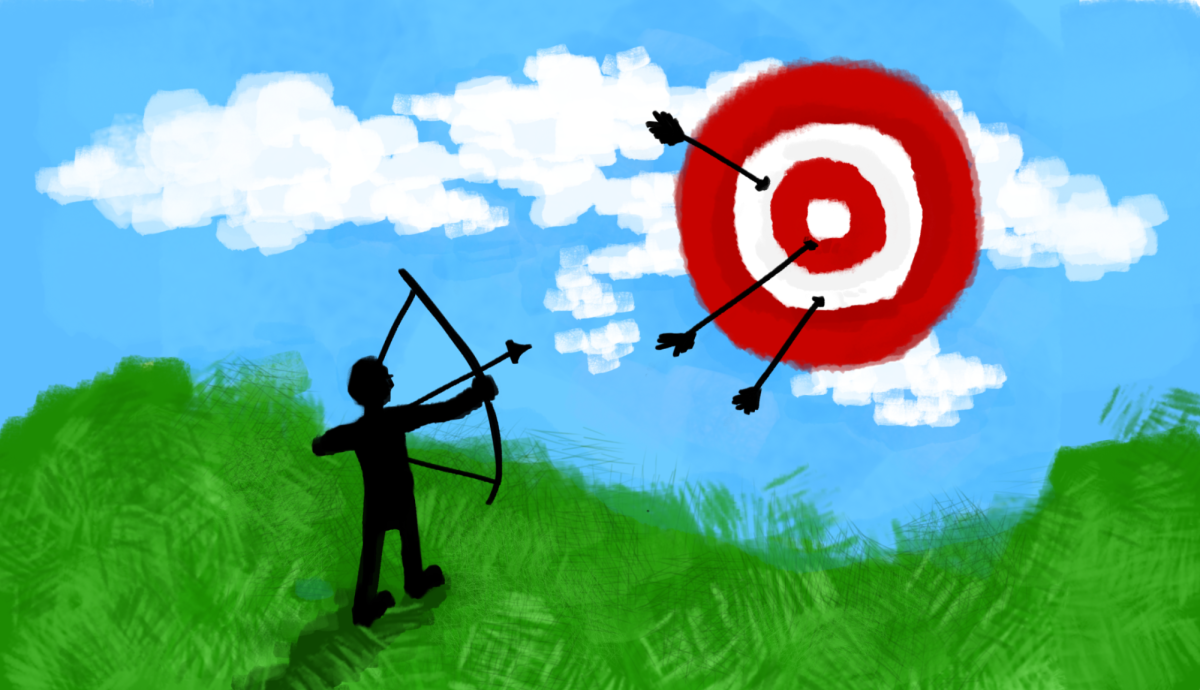I wish I studied more. I wish I practiced harder. I wish…
We spend a lot of time ruminating on what we could have done better. We replay uncomfortable situations and unfortunate failures as we attempt to justify our actions, looking for excuses to make us feel better. Often, our failures fuel our motivation to succeed in future goals.
Last school year, as I watched my peers excel in both their academics and their extracurriculars, I felt like I wasn’t doing enough. I worried about school, and I knew it wasn’t good for me. But not worrying felt worse. In an effort to feel more productive, I went to bed later and woke up earlier. However, I wasn’t actually accomplishing more—I was romanticizing overworking. Enduring an excruciating cycle of chronic sleep deprivation and unpredictable mood swings, I rarely considered what I was actually doing. I just accepted these sacrifices as the price for success.
Instead of using competition or spontaneous bursts of inspiration as motivation, we need to establish personalized goals to create long-term drive. By identifying our most significant values, we can concentrate on how we show up in the world rather than how many accomplishments we accumulate.
In my case, instead of attempting to do as much work as possible, I assessed my personalized productivity preferences to create an efficient plan that schedules tasks accordingly (e.g., I will draft this article from 5-7 p.m. on Monday and Wednesday). With clear intentions and an established framework, I have a tailored routine rather than a sporadic schedule revolving around chaotic emotions.
But we can’t just change all our habits in one day. Last winter, Raymond Zhang (The Southerner’s Entertainment Editor) and I attempted to follow our advisor, Ms. Hastings’, routine for a day. We thought we could be as productive and healthy as Ms. Hastings by simulating her exact schedule. However, after waking up at 4 a.m., working out, and preparing breakfast, I can assure you that we failed. While our intentions were clear, we did not consider our limits in relation to the change we sought. Achieving goals requires consistency and, most importantly, kindness towards yourself. Ms. Hastings puts this perfectly: “Your vision of yourself will align with your way of being as the natural byproduct of establishing a consistent routine.”
The beginning of the school year is a good time to consider your strengths or limitations and set a few thoughtful goals. Be mindful of the scope and magnitude while establishing reasonable habits to achieve them. We won’t magically transform into perfect versions of ourselves, but small wins remind us that our current abilities do not determine our future potential. When we establish better habits, we reach into the future instead of wishing away insecurities from the past.









